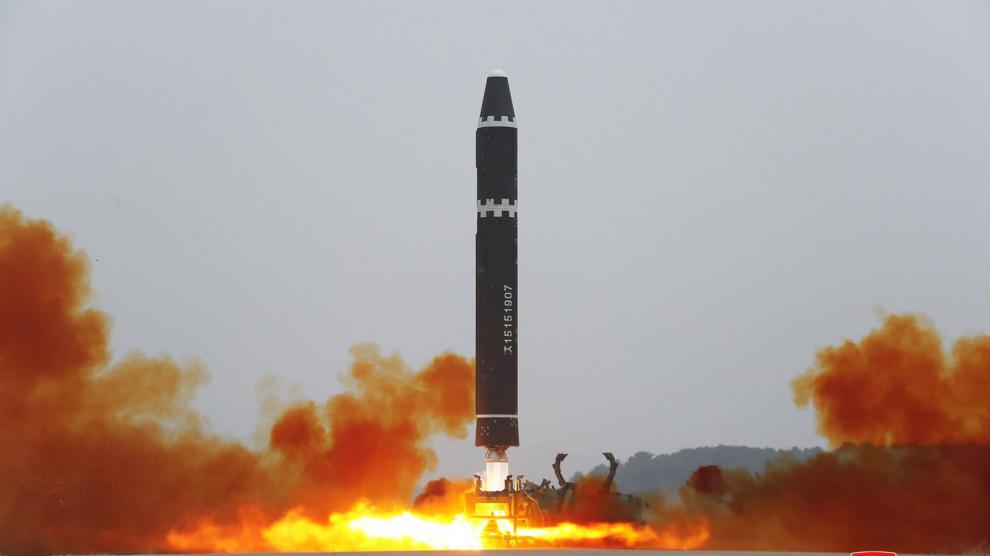A Binational Early Alert for the governments of Colombia and Panama to take actions that guarantee the rights of people who cross that border, was issued by the Ombudsmen of both nations.
The Binational Early Warning, which was issued for Necocli and Turbo in Antioquia and Unguía, Acandi and Jurado in Chocó, on the Colombian side, and for the districts of Pinogana, Chepigana and the Emberá Wounaan and Guna Yala regions in the province of Darién for the Panamanian side, reveals the territorial control exercised by illegal armed groups and organized crime organizations in Colombia and local criminal groups in the process of being organized in Panama.
“The teams of the Ombudsmen of Colombia and Panama found, first of all, a high situation of vulnerability faced by migrants and the population living in these areas. Second, they identified that the illegal organizations that operate in these areas receive income from their illegal activities. Additionally, there is a lack of social protection that affects the communities that live on both sides of the border,” said the Colombian Ombudsman, Carlos Camargo Assis.
There are multiple risks and violations of human rights and International Humanitarian Law that both migrants and the populations living in the alerted region must face, including: sexual violence, forced disappearance, homicides, extortion to allow the transit of migrants, theft of belongings and money, forced recruitment of girls, boys and adolescents, migrant smuggling and possible human trafficking.
It is worth noting that women, nursing mothers, and boys and girls who travel alone or whose family nuclei have been divided due to the difficulties of the journey are in a particularly vulnerable situation.
“For eight months, the technical teams of the Ombudsmen of the two countries were monitoring the violations of rights against migrants and the inhabitants of the area. We found a limited response capacity in prevention and protection of rights of territorial and national governments”, highlighted the Ombudsman.
For his part, Eduardo Leblanc González, Ombudsman of Panama indicated that “it has been a job through field visits, interviews with people in human mobility and locals. We must pay special interest to the locals who have abandoned agricultural and commercial activities to dedicate themselves to migratory flows. Regarding children and adolescents, together with UNICEF, we have been warning about the serious problems of school dropout due to tasks related to the migratory flow, child labor and other activities that do not correspond to the development of children and adolescents.
In the same way, the Panamanian Ombudsman highlighted that the peasant Darién has been forgotten by governments and its health care and education needs are imperative, the flow has generated resources destined for the population to be invested in the growing number of people who we received from the passage through the jungle.
The two Ombudsmen made six binational recommendations to guarantee the rights of these populations, among them, Colombia Migration and Panama Migration, and with the support and facilitation of the Ministries of Foreign Affairs of both countries, to establish a Permanent Table of attention to the migrant population and in this way irregular migratory flows, human rights violations, review routes, victimizations can be reviewed, as well as statistical data can be shared.
The document also requests that, in coordination with state entities, the Ministry of Defense of Colombia and the Ministry of Security of Panama strengthen the channels of dialogue and communication so that mechanisms to deter threats to human rights in the border zone. There it is fundamental that all intervention and attention in favor of these populations is done under criteria of humanity and dignity, with a differential approach.








